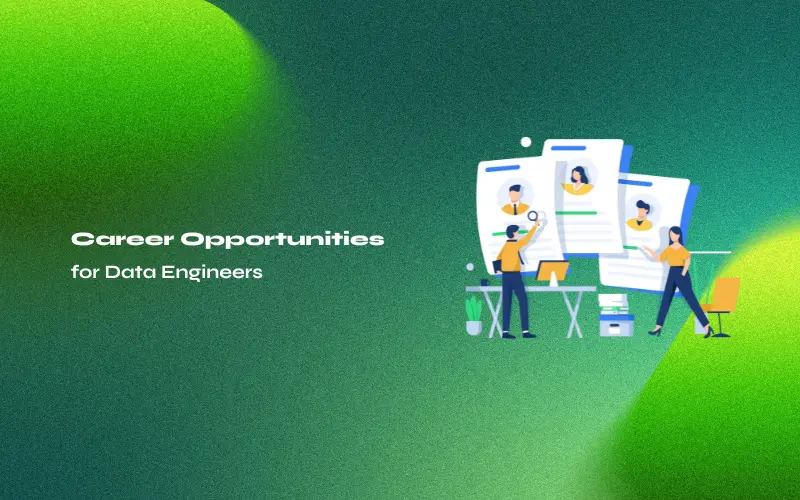
Top 8 Career Opportunities for Data Engineers
Nov 20, 2024 5 Min Read 2150 Views
(Last Updated)
Have you ever felt confused when you decided to set up your career path as a Data engineer? This happens to almost everyone out there because you know what Data engineering is and its roles and responsibilities, but do you know the available career opportunities for Data Engineers?
Many think that if you learn data engineering, you won’t have many career opportunities, and because of this presumption, people give up even before they start. To break this myth and to show you the numerous career opportunities for data engineering, we formulated this article which contains the list of career opportunities that data engineering offers.
Table of contents
- Top Career Opportunities in Data Engineering
- Data Engineer
- Big Data Engineer
- Cloud Data Engineer
- Data Architect
- Data Warehouse Engineer
- Data Governance and Security Specialist
- Data Consultant
- Data Integration Specialist
- Conclusion
- FAQ
- What is data engineering, and what do data engineers do?
- What qualifications and skills are required to become a data engineer?
- What industries offer career opportunities for data engineers?
- How can I transition into a data engineering career from a different field?
- How does data engineering differ from data science?
Top Career Opportunities in Data Engineering

As discussed in the previous section, numerous career opportunities in data engineering can help you upskill as well as have a fresh start in your professional life.
It is important to know about Data Engineers before reading this blog as this is a part of it and without knowing that, this may prove to be quite complicated.
Let us understand the career opportunities for data engineers one by one.
Before we move to the next part, you should have a deeper knowledge of data engineering concepts. You can consider enrolling yourself in GUVI’s Data Engineering Course, which lets you gain practical experience by developing real-world projects and covers technologies including data cleaning, data visualization, Infrastructure as code, database, shell script, orchestration, cloud services, and many more. Additionally, if you would like to explore Python through a Self-Paced course, try GUVI’s Python course.
1. Data Engineer
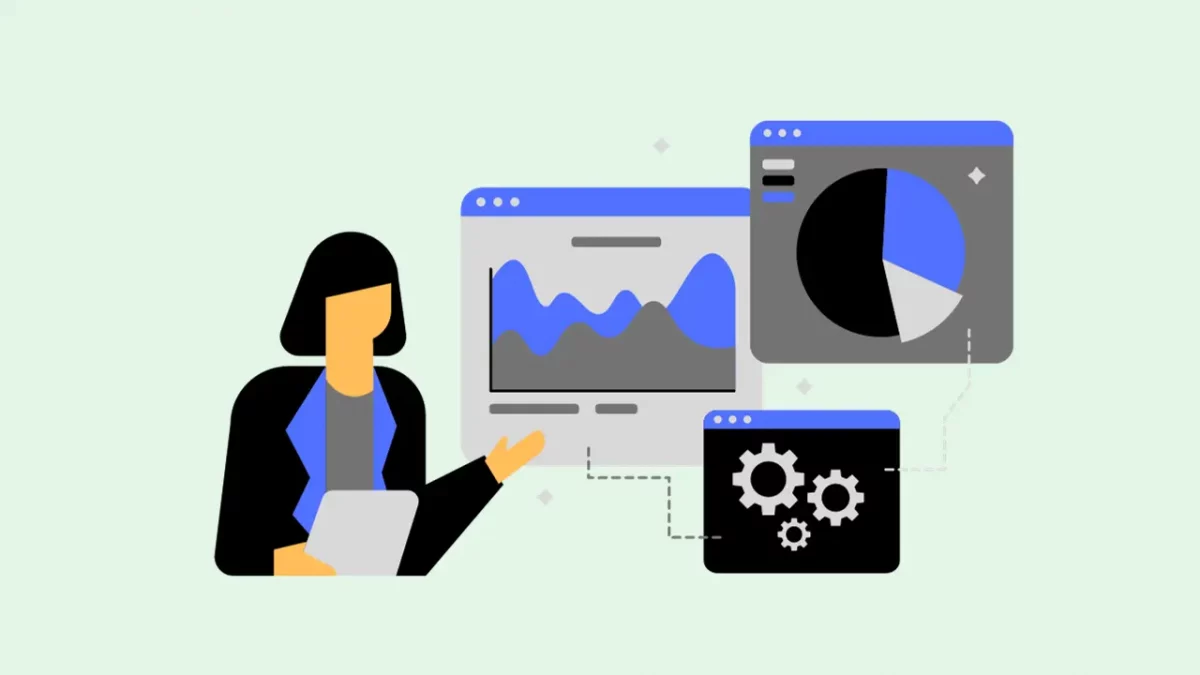
The foundational role in data engineering, a data engineer is responsible for designing, building, and maintaining data pipelines and infrastructure. You have to work with various data sources, extract, transform, and load (ETL) data, and ensure data quality and reliability.
As a data engineer, you will be at the forefront of designing, constructing, and maintaining the data infrastructure that decides the data-driven decision-making process in organizations.
Your primary focus will be on creating efficient data pipelines, integrating data from diverse sources, and transforming it into a usable format for storage and analysis.
You’ll work with a variety of databases and cloud platforms to ensure data availability, security, and performance. Collaborating closely with data scientists, analysts, and other stakeholders, you’ll play a critical role in providing them with the right data for insights and modeling.
You must hone the skills related to data engineering as that can help you understand the concepts much better as well as create a good impression of you.
With the continuous growth of data and the increasing importance of data-driven strategies, data engineering offers a dynamic and rewarding career path with abundant opportunities for innovation and impact.
2. Big Data Engineer
Big data engineers specialize in handling large-scale datasets, often using distributed systems like Apache Hadoop, and Spark. You should design and implement big data solutions to process and analyze massive volumes of data efficiently.
Your main responsibility will be to design, develop, and manage data solutions that handle massive volumes of structured and unstructured data. You will work with cutting-edge technologies utilizing distributed computing and parallel processing to efficiently process data.
Your expertise in optimizing data pipelines, integrating data from various sources, and ensuring data quality will enable organizations to derive valuable insights and make data-driven decisions.
As big data continues to reshape industries and drive innovation, a career as a big data engineer offers limitless opportunities to tackle complex challenges and contribute to groundbreaking advancements.
3. Cloud Data Engineer
Cloud data engineers focus on creating and managing data solutions in cloud environments. Your primary focus will be on building and managing data pipelines and storage systems in cloud environments like AWS, Azure, or GCP.
You’ll work with various cloud-based data services and technologies to extract, transform, and load data efficiently. Collaborating with cross-functional teams, you’ll ensure data availability, security, and reliability, enabling data scientists, analysts, and other stakeholders to access and analyze data seamlessly.
Your expertise in cloud data engineering will be essential in helping organizations harness the full potential of their data, making informed decisions, and driving innovation in the rapidly evolving digital landscape.
4. Data Architect

Data architects design the overall data infrastructure and systems within an organization. You have to plan the data flow, data storage, and integration between different data systems to create a cohesive and efficient data ecosystem.
Your primary responsibility will be to create a cohesive and scalable data ecosystem by understanding business requirements, defining data models, and integrating data from various sources.
Collaborating with data engineers, analysts, and stakeholders, you’ll ensure data integrity, security, and compliance with industry standards and regulations.
With a keen focus on optimizing data flow and ensuring seamless data integration, your expertise will empower organizations to harness the full potential of their data assets, drive data-driven strategies, and make informed decisions for sustained growth and success.
5. Data Warehouse Engineer
Data warehouse engineers specialize in building and maintaining data warehouses, which are optimized for analytical processing and reporting. You work with technologies like data warehousing platforms and SQL databases.
Your main focus will be on designing and optimizing data models, constructing data pipelines, and ensuring data quality and consistency within the data warehouse.
Collaborating with data architects, ETL developers, and data analysts, you’ll play a crucial role in transforming raw data into valuable insights, providing stakeholders with the information needed for data-driven decision-making.
Your expertise in data warehousing technologies, SQL databases, and data integration will be essential in creating a solid foundation for organizations to unlock valuable business insights from their data and drive growth and competitive advantage.
6. Data Governance and Security Specialist
Data governance and security specialists focus on maintaining data privacy, security, and compliance. You will hold a critical role in ensuring the privacy, integrity, and security of an organization’s data assets. Your primary responsibility will be to establish and enforce data governance policies, procedures, and best practices to govern data access, usage, and management.
Collaborating with cross-functional teams, you’ll implement data security measures, encryption protocols, and access controls to safeguard sensitive information and comply with data regulations. You’ll conduct data audits, monitor data usage, and respond to security incidents, mitigating potential risks and threats to data integrity.
As data breaches and cyber-attacks become more prevalent, your expertise will be indispensable in building a culture of data security and trust, enabling organizations to handle data responsibly, protect customer data, and maintain their reputation and credibility in an increasingly data-driven world.
7. Data Consultant

Data consultants work as independent contractors or as part of consulting firms. It mainly offers expertise and guidance to organizations on data engineering best practices, helping them improve their data infrastructure and processes.
Your main responsibility will be to assess their data infrastructure, processes, and analytics needs, identifying areas for improvement and optimization. Leveraging your knowledge of data engineering, data science, and business intelligence, you’ll collaborate with stakeholders to develop data-driven solutions that align with their objectives.
You may assist in data integration, data modeling, and data visualization projects, as well as advice on data governance, compliance, and security.
Your versatility and ability to communicate complex technical concepts to non-technical stakeholders will be essential in driving data-driven transformation, helping organizations make informed decisions, and achieving their business goals through the effective use of data.
As a Data Consultant, you’ll have the opportunity to work with various industries and projects, continuously expanding your expertise and making a significant impact on diverse business challenges.
8. Data Integration Specialist
Data integration specialists are experts in integrating data from various sources, both internal and external to an organization. It is important to ensure that data is properly connected and can be accessed seamlessly.
Your primary responsibility will be to design, develop, and implement data integration solutions that facilitate seamless data flow and accessibility across systems and applications.
You’ll work with various data formats, APIs, and integration tools to extract, transform, and load (ETL) data, ensuring data consistency and accuracy. Collaborating with data engineers, database administrators, and business stakeholders, you’ll tackle complex data integration challenges and enable efficient data sharing and analysis.
Your expertise in data integration will be instrumental in streamlining data processes, optimizing data workflows, and empowering organizations to harness the full potential of their data for data-driven decision-making and business success.
Kickstart your career by enrolling in GUVI’s Data Engineering Course, where you will master technologies like data cleaning, data visualization, Infrastructure as code, database, shell script, orchestration, and cloud services, and build interesting real-life cloud computing projects.
Alternatively, if you want to explore Python through a Self-Paced course, try GUVI’s Python course.
Conclusion
In conclusion, the field of data engineering offers an abundance of promising career opportunities that are both intellectually stimulating and professionally rewarding. As the world becomes increasingly data-driven, data engineers play a pivotal role in building the foundations for data infrastructure, ensuring seamless data integration, and enabling valuable insights for businesses across diverse industries.
The demand for data engineering continues to rise as businesses strive for faster time-to-market and enhanced system reliability. It is important to have a certified Data Engineering course in hand before searching out for career opportunities as that can help you stand out of the crowd.
Embracing the data engineering field opens doors to innovation, growth, and the chance to shape the future of businesses and society through the power of data-driven decision-making.
FAQ
What is data engineering, and what do data engineers do?
Data engineering is the process of designing, building, and managing data pipelines and infrastructure to ensure efficient data storage, processing, and accessibility.
Data engineers are responsible for developing data solutions, integrating data from various sources, and maintaining data quality for analysis and decision-making.
What qualifications and skills are required to become a data engineer?
A typical data engineer has a strong foundation in computer science, programming (Python, Java, etc.), database management (SQL), and big data technologies (Hadoop, Spark).
A bachelor’s degree in computer science or a related field is common, and additional certifications in data engineering or cloud platforms can enhance job prospects.
What industries offer career opportunities for data engineers?
Data engineers are in demand across various industries, including finance, healthcare, e-commerce, technology, telecommunications, and more. Almost any organization that deals with data can benefit from the expertise of data engineers.
How can I transition into a data engineering career from a different field?
To transition into data engineering, consider upskilling in data engineering technologies and gaining relevant experience through projects or internships. Online courses and certifications can provide a solid foundation in data engineering concepts.
How does data engineering differ from data science?
Data engineering focuses on data infrastructure, ETL processes, and data pipelines, ensuring data availability for analysis. Data science, on the other hand, involves analyzing data to derive insights and build predictive models.















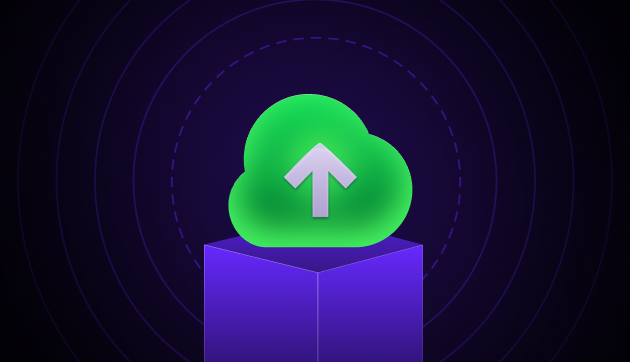
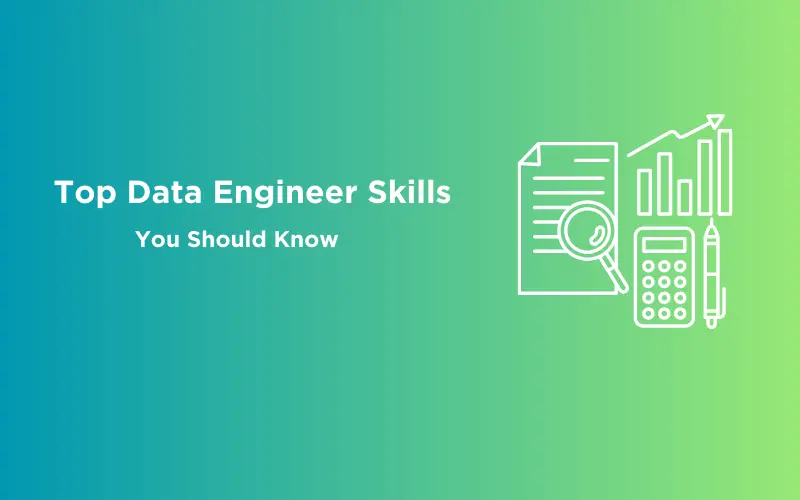
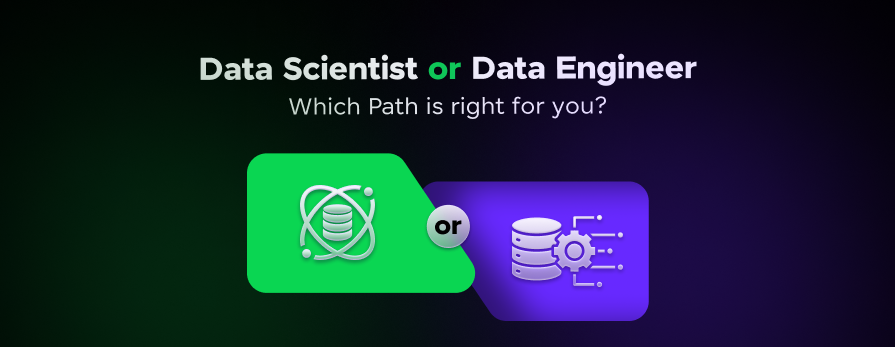
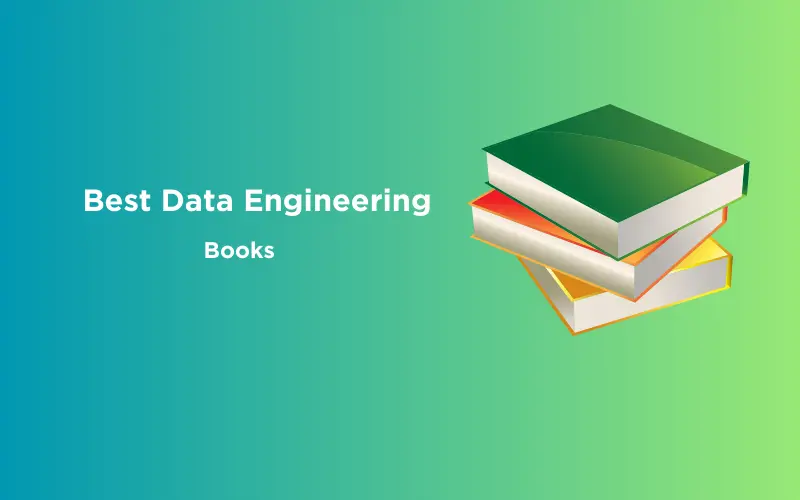

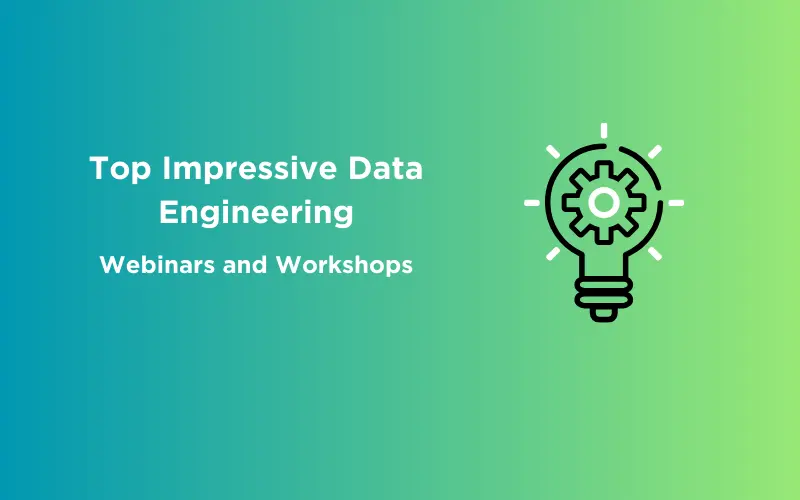



Did you enjoy this article?